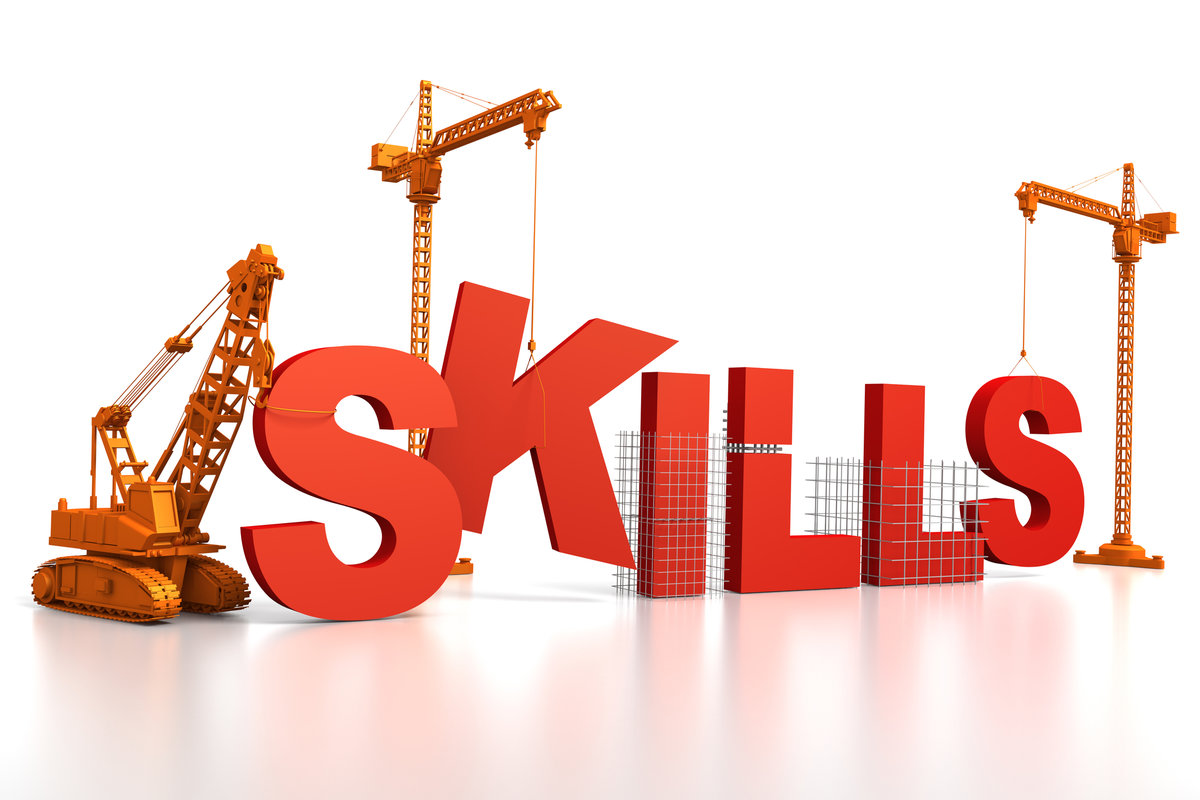The rapid transformation of the world of work in progress in recent years will continue in the future and this makes it difficult to identify which specific skills (or hard skills) will actually be important because it is closely connected to emerging professional profiles, on which there are many question marks. In this scenario we are witnessing today what we might call ‘Transversal Skills: the revenge of soft skills’: the term soft skill is not brand new, it started to be used in the 1960s, but the skills to which it refers have long been considered ancillary compared to the more solid hard skills. The vision now obsolete.
Today it is very clear that soft skills are the only fixed point in the current world of work, always fundamental in any context and whatever the evolution of the work will be.
An article from the WEF, which comments on a survey conducted by LinkedIn among human resource professionals, says that “the term soft skills hardly does justice to the complex combination of skills it describes: empathy, emotional intelligence, creativity, ability to collaborate and communicate, to name just a few. Although they have never been the subject of MBAs and research doctorates, soft skills are now more important than ever. So much so that 80% of the respondents on LinkedIn say that they are increasingly important for business success, and even 89% showed a lack of soft skills among the worst employees in their organization.
Employers need their employees more than ever if they want to remain relevant and competitive. Similarly, employees expect – even demand – more from the organizations they work for. From a global survey of 5,000 human resources professionals and managers, combined with the analysis of behavioral data, conducted by LinkedIn, emerge the four trends that will affect the world of work within companies in the coming years, which are: soft skills (91%), work flexibility (72%), anti-harassment culture (71%), and pay transparency (53%).
What are soft skills?
More than real skills, soft skills are personal attitudes that allow you to integrate, work well, bring value and get results in the workplace.
Below is a list of 11 ‘universally shared’ soft skills …
Communication – Communication is important in any kind of work to interface with colleagues, collaborators, clients, contacts, users, and includes the ability to express correctly and effectively verbally and in writing, to know how to present or present one’s work or project, the ability to listen, to negotiate, to manage body language, to persuade.
Empathy – The ability to understand in depth the feelings of others, to know how to put oneself in his shoes is probably the most profound form of communication (and for this reason it could fall under the previous point), but today it is assuming such importance that it deserves consideration self. Today we are demonstrating a quality that allows us to improve different aspects of working life, as it influences teamwork, leadership, design thinking, the ability to resolve conflicting situations, and work ethics. But also the ability of a company to make new products.
A huge supporter of empathy as a pillar of business and innovation is Satya Nadella, CEO of Microsoft. ‘The value that I really learned to appreciate deeply and of which I speak a great deal is empathy. I don’t think it’s just a “nice to have” but I think it’s at the center of the innovation agenda here at Microsoft,” he said in an interview “Our core business is linked to customer needs and we won’t be able to satisfy them unless we have a deep sense of empathy.”
Creativity – Jaime Casap, chief evangelist of Education at Google, said ‘Creativity is one of those things that are difficult to define, but you recognize it when you see it.’ That’s right: creativity is normally associated with ‘talent’ and artistic expression, design, planning, and some forms of communication, but it is actually a capacity that can be developed and applied to the most innumerable contexts, from the invention of a new problem solving product. Not everyone considers it a real skill, but rather a mindset. According to many experts, creativity is innate in all children, but in a certain way education systems tend to suffocate it, rather than strengthening it. Today’s school systems should take on this new need for creativity.
Flexibility – Adaptability, willingness to change, to accept new things, to learn new things.
Critical thinking – It is the ability to observe things beyond the facade, to see and analyze problems in a critical, non-linear way, without preconceptions or foreclosures, and possibly find creative, effective, innovative solutions. It is already clear that other soft skills such as lateral thinking , problem solving , creativity, flexibility, adaptability, curiosity, the aptitude for research and experimentation, continuous learning are part of critical thinking .
Interpersonal skills – Proposing oneself in a positive, friendly, empathic, sociable, optimistic, enthusiastic, trustful and self-controlling way, improves relationships with the people around us and productivity in the workplace. A relaxed, peaceful and collaborative working climate (even in times of stress) generally leads to higher standards of quality, innovation and efficiency.
Responsibility – The responsibility in the work coincides a lot with the reliability and being able to complete the tasks that have been entrusted, with a sense of timing and priorities, putting into play all one’s resources and skills, with discipline and common sense.
Manage stress – The world is very complex and fast today, as is work, generating a constant sense of uncertainty and challenge. Working in a company, or carrying out a company as an entrepreneur, often puts people to the test in terms of expectations, results and work-life balance. Knowing how to handle moments of high pressure is essential.
Leadership – Leadership is not just the ambition to become the ‘company captain’. It is made of charisma, but above all of qualities that can be cultivated from the first work experience: the sense of responsibility that was discussed before, the ability to make decisions and take risks; knowing how to see the big picture and orient strategies with a vision; knowing how to delegate to others and choose, motivate and gratify their employees.
Teamwork – Team work is predominant in different business contexts, and even if your job choice turns to entrepreneurship, it is good to know that ‘being the boss’ will always require a sense of responsibility and ability to work with others.
Work ethics – Commit yourself and give your best, be available, loyal, have initiative, motivate, respect deadlines, accept criticism, be collaborative. These are the traditional principles of the work ethic, always current, which we can today integrate with respect for others (translated in a spirit of inclusiveness, rejection of harassing and discriminatory attitudes) and a culture of positive impact and social innovation.






